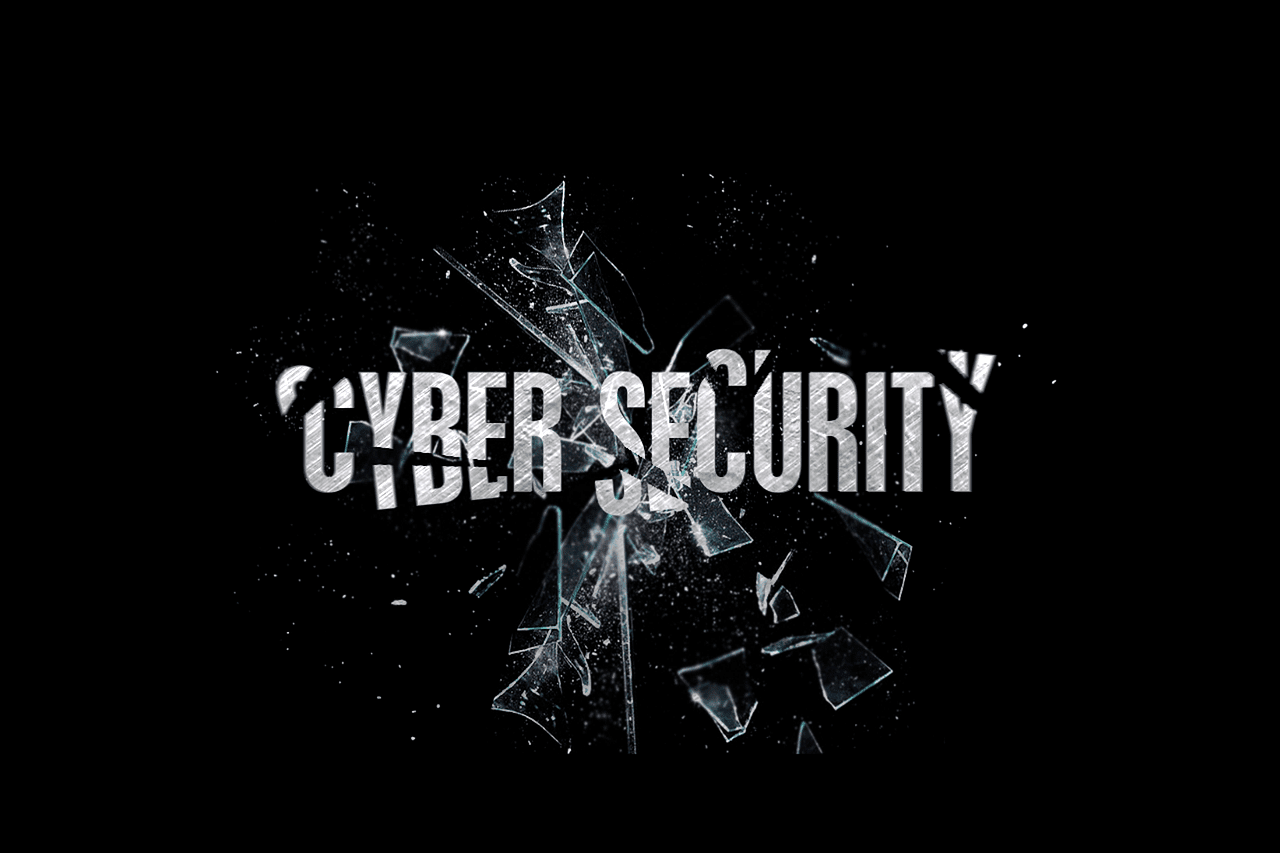Technology
5 Cyber-Security Tips for Small Business
Cyber attacks are a growing concern for small and mid-sized businesses (SMBs) in the United States. A poll conducted by the Small Business Administration (SBA) in the US found that 88% of SMB owners think their businesses are vulnerable to cyber threats, while the FBI has estimated that the cost of cybercrime for businesses is around $2.7 billion per year.
As a result, owners and managers of SMBs are actively seeking for cyber insurance providers for small businesses who can provide coverage for situations such as data theft, third-party liability, and damaged IT equipment.
Meanwhile, experts suggest that SMBs should start protecting themselves by preventing cybercrime instead of just reacting to it and there are various effective and budget-friendly strategies that you can follow to achieve this goal.
Most Common Cyber Threats to SMBs in the US
According to the Small Business Administration, the most common cyber threats to SMBs are:
- Malware & Viruses: a software that is intentionally designed to damage or hijack a company’s IT equipment and that is coded to replicate itself and infect other computers within your network.
- Ransomware: a criminal practice that consists of gaining access to sensitive or valuable information and denying access to the company to ask for a ransom in exchange for releasing the data.
- Phishing: a common practice that intends to rob sensitive personal or business information or credentials to access certain systems or use people’s identities without their authorization.
Even though these are the most frequent ones, there are many other ways cybercriminals can act against small businesses and cybercrime, as any other form of crime tends to evolve over time as criminals refine their practices to avoid getting caught or to commit their crimes more effectively.
Tips to Protect your SMB Against Cyber Threats
Tip 1 – Train your staff in cybersecurity matters
Your staff is perhaps the most sensitive entry point for cybercriminals as they can be victims of phishing or their computers can get infected by malware without them even knowing it.
In this regard, the US Federal Commission recommends that business owners establish security practices and policies for employees, along with appropriate internet use guidelines.
Your employees must understand the risks of cyber threats and how they can identify, report, and avoid them.
Tip 2 – Keep backups on separate servers
One of the main reasons why ransomware has become such a popular form of cybercrime is the fact that companies tend to underestimate how valuable some of their information actually is.
For example, accessing a company’s accounting information to prevent it from accessing it is the perfect way to put the business in a desperate situation, as business owners understand that losing that data can be significantly harmful.
For this reason, it is important to keep secure backups of all the business’ sensitive information outside the company’s internal network and servers to make sure that, in case of a security breach, the most important information is still safe and hackers cannot use it to blackmail the business.
Tip 3 – Protect your Wi-Fi from unauthorized access
A Wi-Fi network is such a normal thing for everybody that businesses tend to forget how much access someone can have once they manage to enter the company’s network.
Experts recommend that businesses set WPA2 encryption on their routers along with physical measures to prevent unauthorized access to the IT infrastructure of the company.
Tip 4 – Seek assistance
Cybersecurity management can be overwhelming and difficult to grasp for those who are less enthusiastic about technology.
With that in mind, companies such as Camino Financial, a California-based online lender, has decided to offer its clients, aside from its traditional financing alternatives, extra assistance and education in this matter to help them understand the risks and the steps they can take to improve this area of the business.
Tip 5 – Consider purchasing a cyber insurance policy
Cyber insurance provides coverage for various types of damages associated with cyber-attacks and other similar threats.
This innovative product has helped thousands of businesses in dealing with the losses resulting from cybercrime. You can browse through the internet to find cyber insurance providers for small businesses in your area, or check this post provided by Camino Financial to quicken your search.
Have you implemented a strategy to protect your business from cybercrime? Whether you have or you haven’t, the following tips can help you in either start doing so or further strengthen the plan you have already conceived for your business. Remember: it’s better (and cheaper) to prevent than to react.








